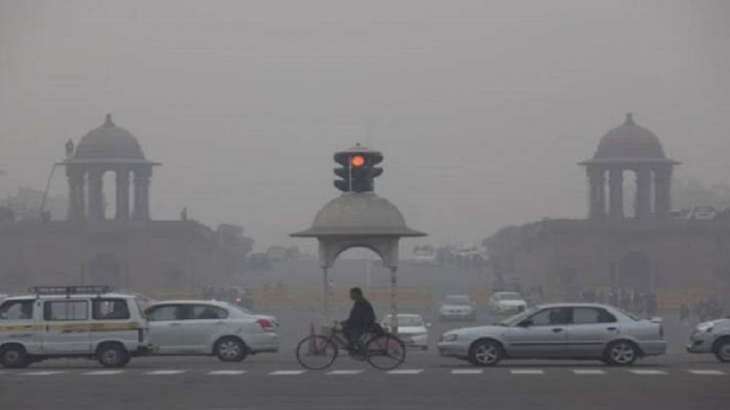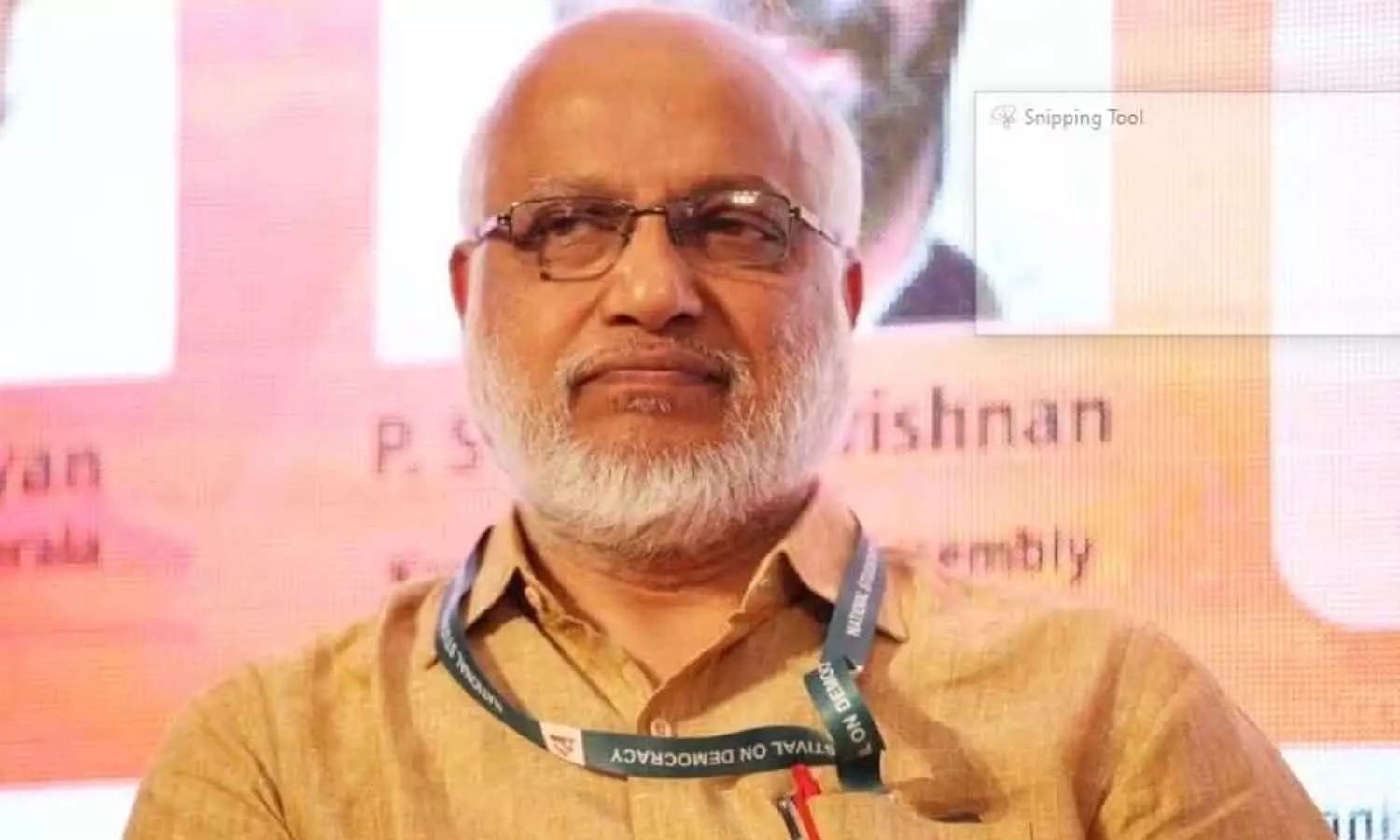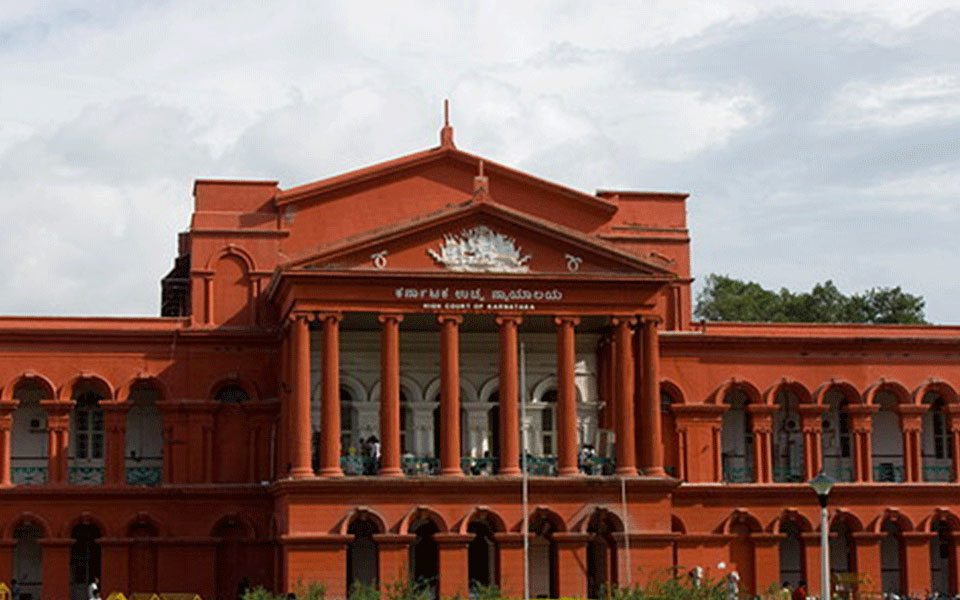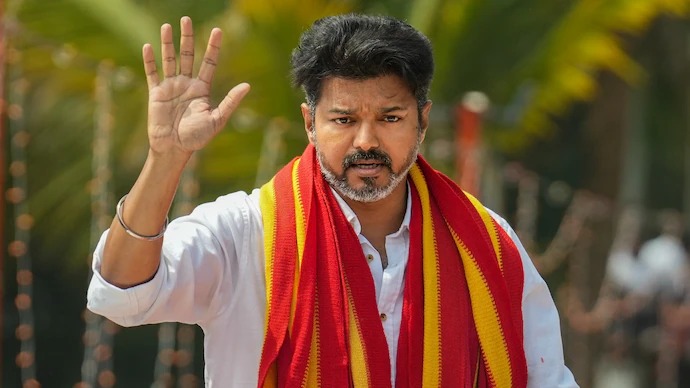New Delhi, Jan 9: The Delhi government on Monday imposed a temporary ban on plying of BS-III petrol and BS-IV diesel four-wheelers in the national capital in view of the worsening air quality.
Delhi's air quality worsened to the severe category on Monday owning to unfavourable meteorological conditions -- clam winds and low temperatures -- prompting the Commission for Air Quality Management (CAQM) to direct all NCR states to implement anti-pollution curbs with greater vigour.
According to an order issued on Monday, "As per directions as provided under Stage III of the revised GRAP and under Section 115 of Motor Vehicles Act, 1988, it is hereby ordered that there shall be restrictions to ply BS-III, Petrol and BS-IV, Diesel LMVs (4-wheelers) in NCT of Delhi, with immediate effect, till dated 12.01.2023 or till downward revision in GRAP stage, whichever is earlier (except for vehicles deployed in emergency services, police vehicles & govt. vehicles used for enforcement)."
A senior Transport department official, however, said earlier in the day that the ban would be in place till Friday.
"The ban on BS-III petrol and BS-IV diesel vehicles will kick in from Tuesday since the air quality has deteriorated to the severe category. We are monitoring the situation along with the Environment department. For now, the ban is likely to be in place till Friday. If the air quality improves, the ban could be lifted before Friday," the official said.
The stated that those found violating it will be prosecuted under the Motor Vehicles Act.
"If any BS-III, Petrol and BS-IV, Diesel LMV (4-wheeler) found plying on roads will be prosecuted under section 194(1) of Motor Vehicles Act, 1988 which provides for a fine of Rs 20,000," the order said.
The national capital's 24-hour average air quality index (AQI) stood at 434 at 4 pm on Monday, worsening from 371 on Sunday.
An AQI between 201 and 300 is considered "poor", 301 and 400 "very poor", and 401 and 500 "severe"
Considering the sudden spike in air pollution, the CAQM held an urgent review meeting with officials from Delhi and NCR states, including Haryana, Uttar Pradesh and Rajasthan, and directed them to implement the provisions of the Graded Response Action Plan (GRAP) in the field with "greater vigour to prevent further deterioration of air quality".
Let the Truth be known. If you read VB and like VB, please be a VB Supporter and Help us deliver the Truth to one and all.
Madurai(PTI): Former Kerala minister M A Baby was elected as the CPI(M) general secretary at the 24th party congress here on Sunday, sources said.
A section of the party leaders had backed All India Kisan Sabha (AIKS) president Ashok Dhawale for the post.
Born to P M Alexander and Lilly Alexander in Kerala's Prakkulam in 1954, Baby's first exposure to politics came when he joined the Kerala Students Federation, the predecessor of the Students Federation of India, during his school days.
He was a member of the Rajya Sabha from 1986 to 1998.
Baby has been a member of the Politburo, the highest decision-making body of the CPI(M), since 2012.
The post of the party general secretary fell vacant following the death of Sitaram Yechury last year, after which Prakash Karat took over as the interim coordinator.
The 24th party congress of the CPI(M) began on April 2 and will end on Sunday.




